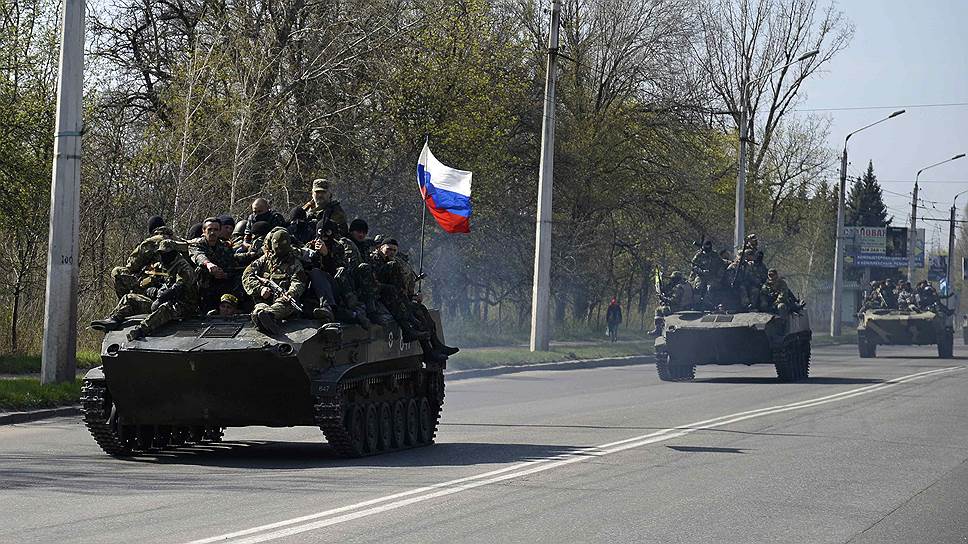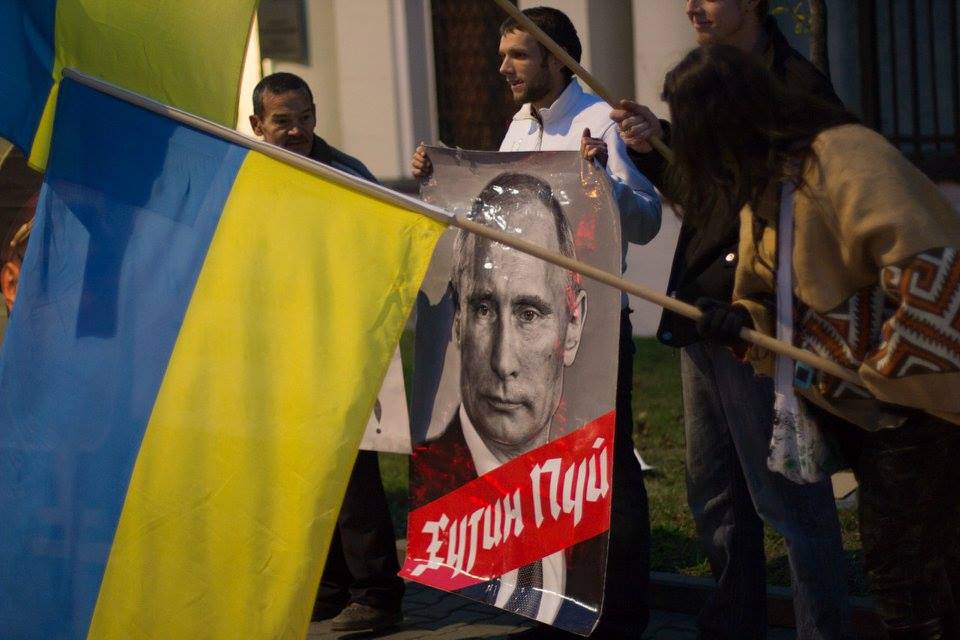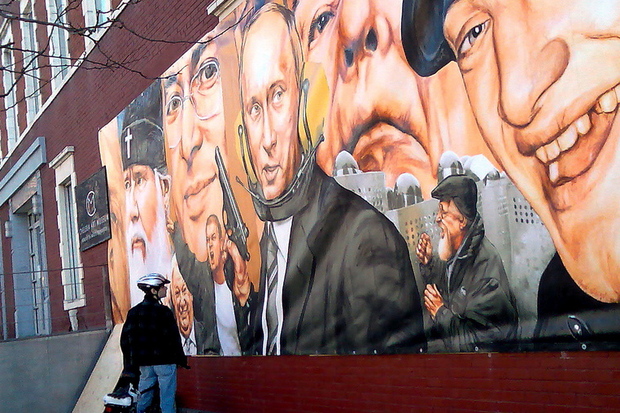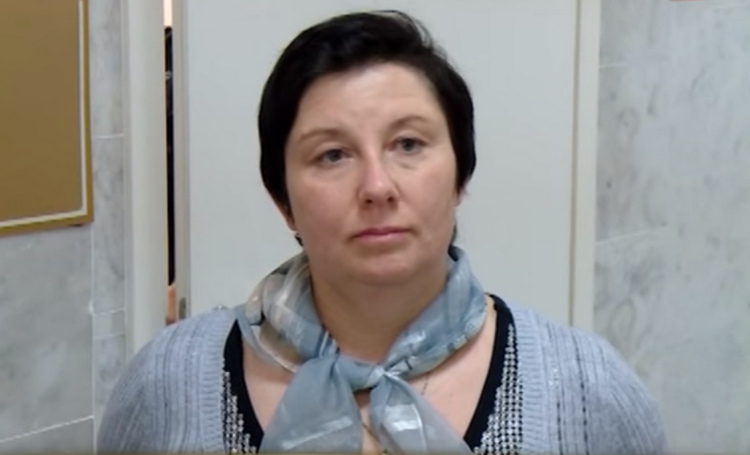The Russian way of war is very different from the American way, Yevgeny Krutikov says. In the past, the weaknesses of one side were balanced by those of the other. But now, as even some in the West acknowledge, the Russian model at the tactical level “threatens the US” because the Western model is based on aviation support of ground troops.
In a frightening–because so calmly expressed–article in today’s “Vzglyad,” the longtime Russian military commentator says that the West has become accustomed over the last three decades to relatively easy victories over secondary powers based on airpower and thus has not developed its military strategy to cope with a major one.
But now there is a growing realization among Western commanders, Krutikov says, that “the lack of correspondence between Russian and NATO’s military strategy for land forces” is not only large but does not guarantee the quick and easy kind of Western victories many expected or make NATO’s moves around Russia’s periphery entirely sensible.
What makes this article so disturbing is that it suggests that some in the Russian capital are now thinking about a real war with the West, not at the level of the bombastic propaganda of the political leadership and the media but rather in terms of the specific moves that could give Russian forces the advantage or even a victory.
Because Krutikov points to Russian victories in Georgia in 2008 and Ukraine in 2014 and to its successful projection of force and re-orientation of Damascus’ military strategy and tactics in Syria, his words suggest that there are at least some in the Russian high command who think they could win against NATO, thus making a Russian challenge to it more likely.
But what matters most about this article is not whether it is true – and parts seem overstated – but rather whether those in and near the Kremlin believe its claims and thus are prepared to act on them in the Baltic countries, Georgia or elsewhere.
Krutikov begins his article by noting that since the Cold War, computer-assisted games have been the basis in the West for testing tactical and strategic ideas and coming up with doctrine. But “the main problem” with such an approach is that both the red and the blue teams are “people with a similar approach and style of thinking.”
Recently, he continues, NATO officials were surprised, even shocked by the fact that American officers who were assigned to play the “red” or Russian side behaved far differently than was expected. These people conducted themselves “extremely aggressively, especially in offensive actions.”
At the same time, those officers assigned to the “blue” or NATO team “acted slowly and cautiously.” And thus while “the reds” advanced quickly without paying too much attention to their losses, “the blues” focused on how to avoid those and did less well in terms of achieving their objectives.
But what is “the most interesting thing” about these new games is that “the losses of the attacking ‘reds’ turned out to be significantly smaller than the losses of the careful ‘blues’ who sought to avoid excessive casualties.” In short, Krutikov says, “the ‘reds’ began to win. Always. [And] often very quickly.”
Some analysts in response to this began talking about the mysteries of the Russian soul, but more thoughtful commentators focused on three major aspects of Russian tactical doctrine that has evolved over the last several decades. They are:
- “First, Russians clearly acknowledge that in war people are killed and there is no practical sense of slowing down an attack operation because of each tank put out of commission. Vacillation in the final analysis leads to defeat and as a result to still larger losses.”
- “Second, support and reinforcement should be given to those units and those directions which achieve success” instead of the Western practice of reinforcing those which are in trouble.
- “Third, the Russian side devotes enormous importance to massed support of the attack by artillery” and recognizes that “for the foreseeable future,” Moscow may not be fighting in places where it has air superiority.”
“The basic error of Atlanticist doctrines was and remains arrogance,” Krutikov argues, and the assumption that airpower can always be called in to defeat any land operation. But Russia’s successes in Georgia and the Donbas, both promoted by these principles, show that confidence is unwarranted because Russian anti-aircraft weaponry eliminated this advantage.
“Russian military doctrine (not in its written politicized variant but in practice) over the last 15 years has evolved significantly,” Krutikov says, “while American (and NATO as a whole) remain in the framework they had in the 1980s and 1990s.” And that gives Russia an advantage in any conflict as recent events in Syria demonstrate.
American military ideas still focus on their accustomed “short air war against countries of the third world” and assume that putting a few tanks in Georgia or some personnel in the Baltic countries will be enough to trigger a Western air response against any Russian moves against NATO — without thinking about what would happen if Russian forces eliminated the West’s air superiority at the start of any such conflict.
“No one is saying that we expect such a clash, but no one has cancelled the general state of readiness. The war games which are taking place in the Pentagon confirm this,” the military analyst concludes, noting that “in Russia [such games] are also being conducted. Only the goals are entirely different.”
Related:
- Kremlin hybrid war tactics in Georgia, 2008, and Ukraine, 2014-2015 (Infographic)
- Ukrainian military intelligence identifies top Putin’s generals conducting war in Ukraine
- Bodies of soldiers who died in Donbas found in Russian tanks evacuated to Russia
- Putin’s hybrid force in Donbas accepting a large delivery of fake Ukrainian combat uniforms
- War crimes in occupied Donbas: every second prisoner tortured, 16% witnessed executions
- ‘It’s important the world knows about inhuman torture used against Ukraine’s POWs,’ says father
- Cadet Hladun: Ukrainians are fighting for their country and families; Russians aren’t fighting for anything or anyone
- Google Earth imagery reveals major Russian invasion in summer 2014
- Editorial board of Russian “Novaya Gazeta” is in possession of document developed by Putin’s “close circle” during February 4-15, 2014 describing planned aggression in Ukraine





